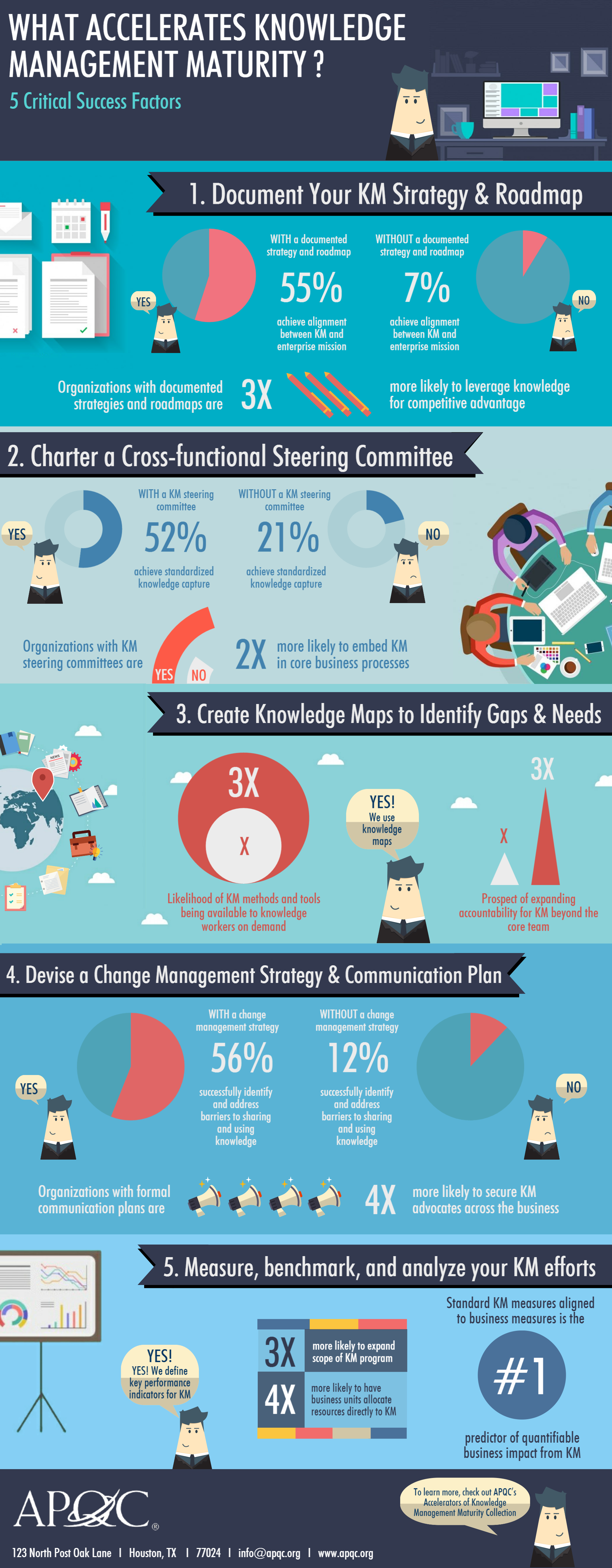One of the hardest things about working in knowledge management is seeing wave after wave of organizations make the same dumb mistakes. As a believer in knowledge reuse, I want to see fledgling KM programs benefit from their predecessors’ lessons learned instead of reinventing the wheel. But over and over again, we talk to organizations that think they’re special and don’t need to follow proven practices when it comes to developing their KM capabilities.
No one said building a fantastic knowledge management initiative is easy, but it’s not exactly rocket science either. Although each organization will have its own unique challenges to tackle, there are some basic steps that will help set you up for success. And despite these seeming like no more than common sense, a surprising number of organizations ignore them when establishing their KM programs. For example, did you know that only…
- 42% of KM programs have documented strategies and roadmaps?
- 38% have formal business cases?
- 31% have measurement tracking systems in place for KM projects?
- 29% have change management approaches to support KM?
APQC has known the critical success factors for KM success and sustainability for a long time, but last year we ran some fancy statistical analysis to prove that they work. Check out the infographic below to learn the stats on why you need a KM cross-functional steering committee, knowledge maps, a communication plan, and more.
Or if you want all the details behind the research, check out APQC’s Accelerators of Knowledge Management Maturity Series or my recent articles in KMWorld magazine: Accelerators of KM maturity: Part 1 and Part 2.
